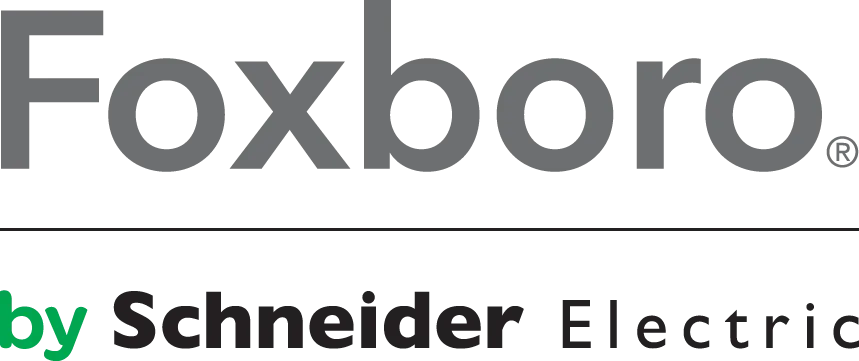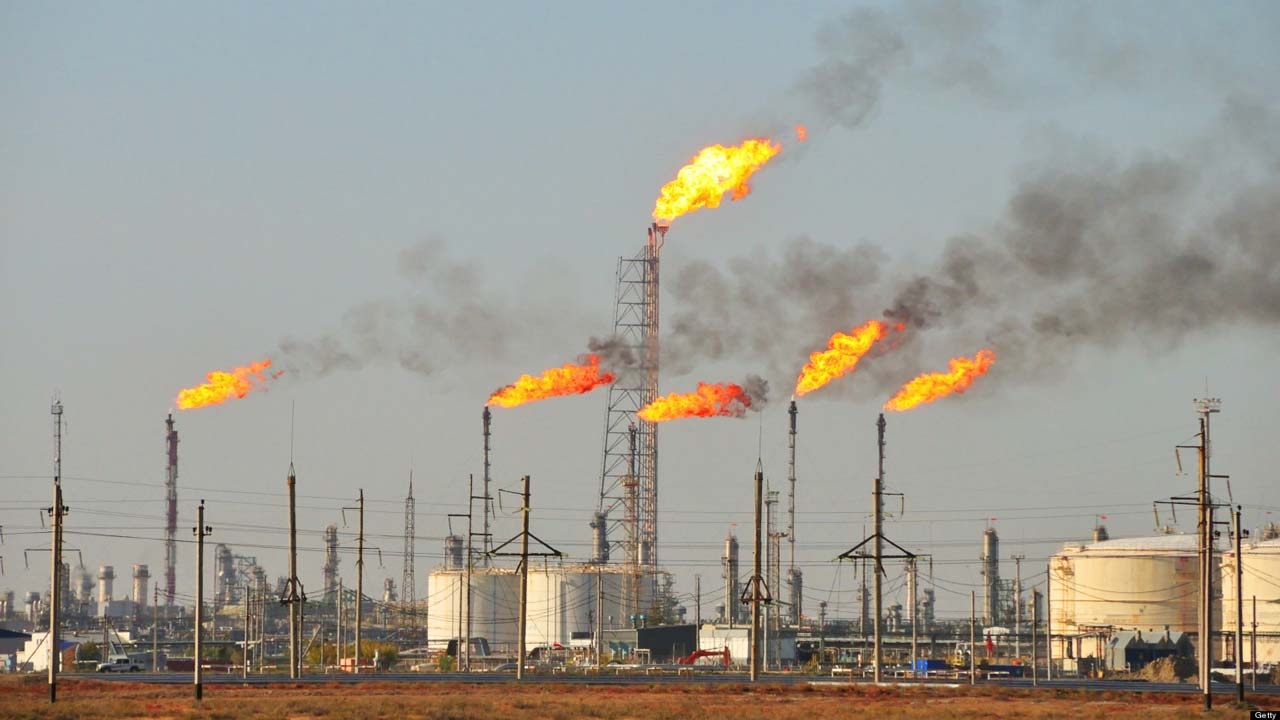Goal
- GDF Suez initiated a plan to split control of a 14.7-kilometer gas pipeline running between its Teesside Power Station and a gas reception facility and gas processing plant that provide dual natural gas fuel supplies for the plant
- A robust solution was needed to replace signals originally collected by kilo-stream telemetry and then transmitted via analog telephone lines through a gateway to the distributed control system (DCS) at the gas processing plant
- Relocate the control facilities and associated data to the control room at the TPS
Challenges
The company mandated that the power station control system update occur live because shutting down the natural gas supply pipeline would incur significant financial losses
Solutions
- Foxboro™ DCS
- Foxboro Historian
- Wonderware® InTouch® Human-machine Interface (HMI)
- Eurotherm® single-loop controllers
Results
- The Schneider Electric solution delivered greater system efficiencies as obsolete equipment was upgraded to current power facility control technology
- GDF Suez benefited from improved engineering know-how that enabled plant managers to better analyze possible problems and enhance and modify the control system as required
- The power station now has improved overall safety since signal collection at much higher frequencies provides real-time data to more immediately identify and address potential issues
Basic physics points out that you can’t make more energy than you consume. But you can still leverage the electricity generation process, squeezing every extra kilowatt out of the system. Combined cycle gas turbines do just that, diverting waste heat produced by a natural-gas-fueled turbine into a steam turbine. This type of electricity generation configuration achieves high levels of efficiency since heat exhaust — that would otherwise be released into the air — is reused in the combined power generation process.
The Teesside Power Station in England is the largest combined cycle gas turbine facility in Western Europe. The single station can meet nearly 3% of the electricity demand for England, Wales, and Scotland via its eight natural-gas-fired turbines, with a total capacity of 1,875 megawatts. In 2008, GDF Suez, a French multinational energy company, acquired the Teesside Power Station and embarked on a plant modification project and update of the control technology infrastructure with solutions from Schneider Electric.
GDF Suez, formed by the merger of Gaz de France and Suez in 2008, is one of the leading energy providers in the world, globally employing 200,000 people. GDF Suez operates in the areas of electricity generation and distribution, natural gas, and renewable energy. It also became the world’s largest utility after taking control of Britain’s International Power. The company has been active in the U.K. since 1997, extending its business throughout the entire energy value chain, from exploration and production in the North Sea to energy supply and technical services to businesses.
A Handoff in Pipeline Control
Located on a 23-acre site in the Wilton chemical complex near Middlesbrough in the northeast of England, the Teesside Power Station also works as a cogeneration plant, providing steam for the Wilton complex. Until its acquisition by GDF Suez, the Teesside power plant was operated, maintained, and managed by PX Ltd. PX still operates, maintains, and manages the Teesside gas processing plant (TGPP), which delivers processed natural gas fuel to its former power plant.
The scope of the upgrade project was to secure and split the control of the natural gas pipeline running under the River Tees between the power plant and the gas processing plant. This involved replacing both the existing Foxboro DCS and MicoSol remote terminal units (RTUs) — both controlled by TGPP — and bringing the RTU signals into the DCS located at the Teesside power plant. In effect, the control of the gas pipeline would be transferred to the Teesside Power Station.
The principle technical challenge was that the existing signals from the RTUs were collected by telemetry and transmitted via analog telephone lines through a gateway to the DCS at TGPP. Conversion to a robust, high-integrity solution was needed to collect the data from the RTUs. At the same time, the existing Foxboro and MicroSol systems were to be upgraded to current Foxboro technology.
The key requirement for the project was that the upgrade to the new control system be completed safely and effectively; It was vital that the new solution demonstrate robustness and reliability. The control system modifications also had to be completed in real time, without shutting down the gas pipeline, thus avoiding the incursion of significant financial losses.
Schneider Electric Solution Relied on Diverse Capabilities
The Teesside project significantly leveraged the diverse capabilities offered by the Schneider Electric solutions portfolio. The project was based on a Foxboro DCS. It included Foxboro RTUs and the mesh control network as well as Wonderware InTouch HMI software and single loop temperature and process controllers from Eurotherm. The Schneider Electric team consisted of four permanent members, and some of the initial engineering work was performed by a lead engineer and application engineers at the Schneider Electric Engineering Excellence Center in Bratislava, Slovakia.
The Foxboro DCS was used to improve Teesside’s plantwide operations, performance, and asset utilization. It features a significant breadth of capabilities, enabling operators, engineers, and maintenance personnel. Not only will it maximize
power plant performance, it enhances business operations in real time, allowing operators to focus on managing profit control. In addition, the Foxboro DCS incorporates a “future proof” philosophy that ensures that the system is constantly infused with the latest technologies while maintaining interoperability with earlier generations. This assures easy upgrades and significantly reduces total cost of ownership for the power plant operators.
Wonderware InTouch provides advanced graphic visualization and is designed to maximize productivity, optimize user effectiveness, increase quality, and lower development, maintenance, and operational costs by featuring custom graphical views of real-time power generation processes.
“Schneider Electric delivered a significant amount of flexibility and capabilities to the system design,” said Derren Wicks, Lead Maintenance Engineer at GDF Suez. “Foxboro DCS and Wonderware InTouch enabled our Teesside development team to incorporate a huge volume of system information. The result was we were able to focus on real-time control activities at the power plant to ensure all generation systems were closely monitored and any issues could be easily and quickly resolved.”
In addition, both plants required new mesh control network segments added to their current legacy Foxboro Nodebus systems to host the new control processors and, in turn, control the new field device system interfaces, which are then connected to the RTU network in a redundant configuration.
The Teesside Power Station also gained an enterprise-wide capability for the collection, storage, and retrieval of historical data with the Wonderware Historian, while a network architecture solution was developed with assistance from third-party communications technology provider Black Box Network Solutions. Historian provides enterprise-wide capability for the collection, storage, and retrieval of historical process information. Historian can run on both Foxboro DCS and network platforms, and can collect information from a wide variety of process control environments. Historian repositories are also easily integrated with Microsoft® personal productivity applications and relational databases.
“Highly efficient power-generating stations like the Teesside plant generate and consume increasing and varied amounts of historical data,” said Wicks. “For system development and planning purposes, we need to store this information indefinitely while making the data both accessible and easy to annotate.”
Schneider Electric also provided an engineer to perform hazard and operability (HAZOP) studies and a Safety Integrity Level assessment of the system. This resulted in a recommendation to acquire an on-site safety system to meet current safety regulations. GDF Suez selected a HIMatrix safety system from Hima. Sellaas equipment from this manufacturer was already in use at the Teesside Power Station site. The Schneider Electric team designed a solution to connect the HIMatrix safety system to the Foxboro DCS to ensure that all relevant data and alarms were displayed on the 23 operator consoles in the central control room at the power station.
From the position of safety and high integrity, the HAZOP study determined that a backup secondary system was necessary. As a result, the team added a Wonderware interface in three associated above-ground installations.
All plant control information can then be monitored from this location during a telephone communications failure. In addition, Wonderware InTouch software was used to create the required interface to the RTUs.
Uninterrupted implementation keeps power flowing
The project was successfully executed in the allotted time frame and without incurring a shutdown. Excellent collaboration between the GDF Suez and Schneider Electric teams were key to implementing the online transfer of the power facility control systems from one plant to another and also enabled the Teesside Power Station managers to continue production operations throughout the project upgrade.
With the new control system in place, the Teesside facility is operating with a more robust technology solution that provides significantly higher degrees of visibility into day-to-day facility operations. As a result, the company is better able to control the process and respond faster to any potential issues that may impact safety or productivity. And while the power facility can’t escape the laws of physics, Schneider Electric solutions are playing a major role in helping plant managers generate electricity at lower costs and at the highest levels possible with a combined power generation operation.





